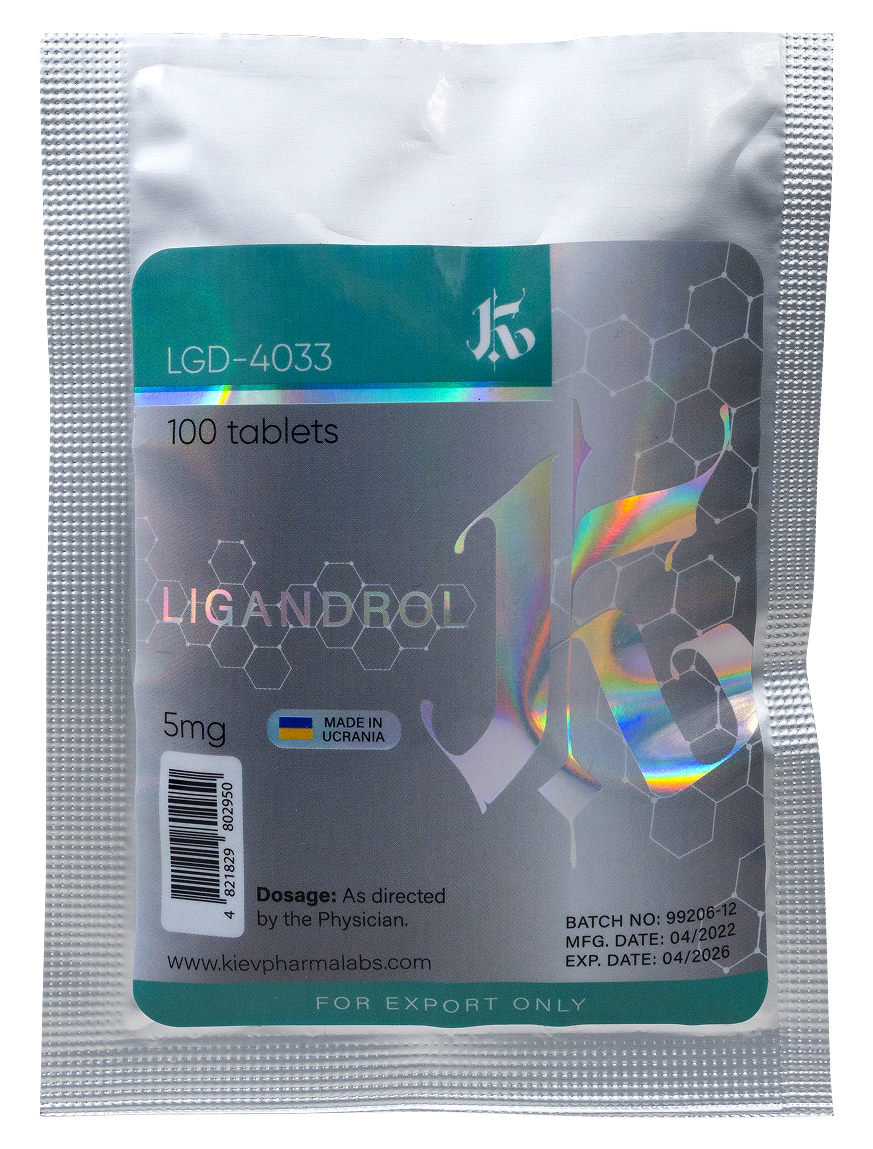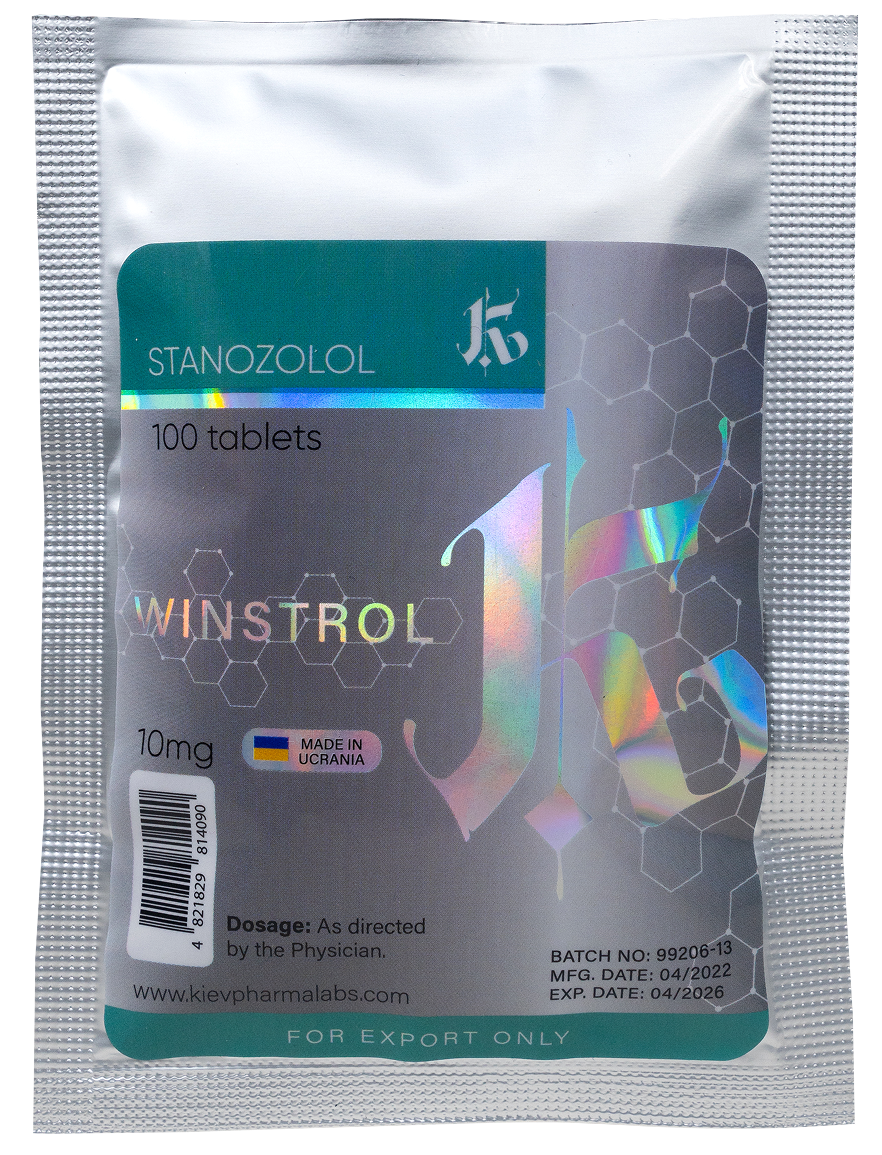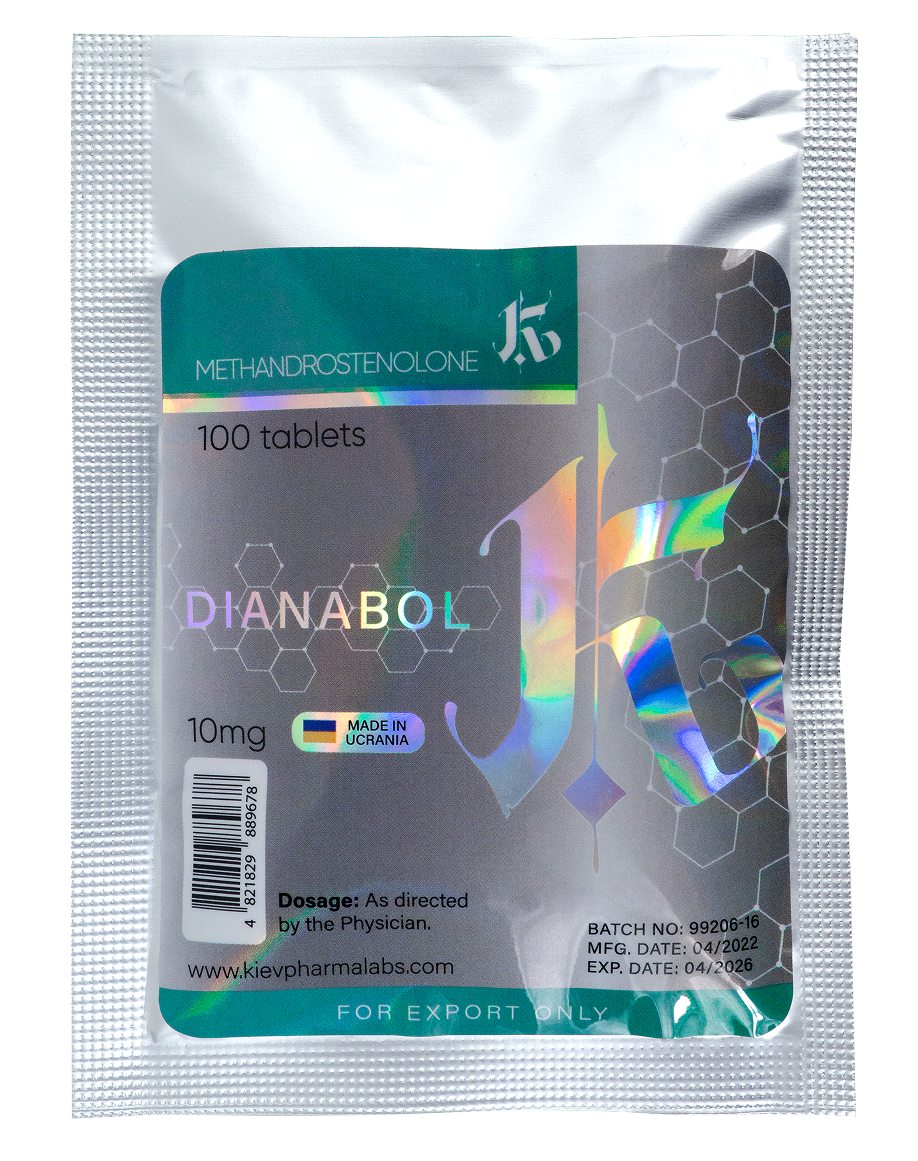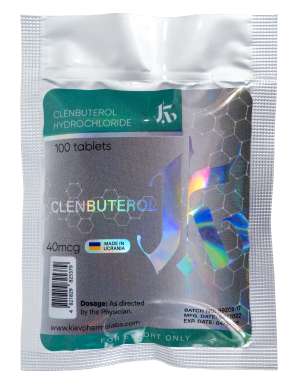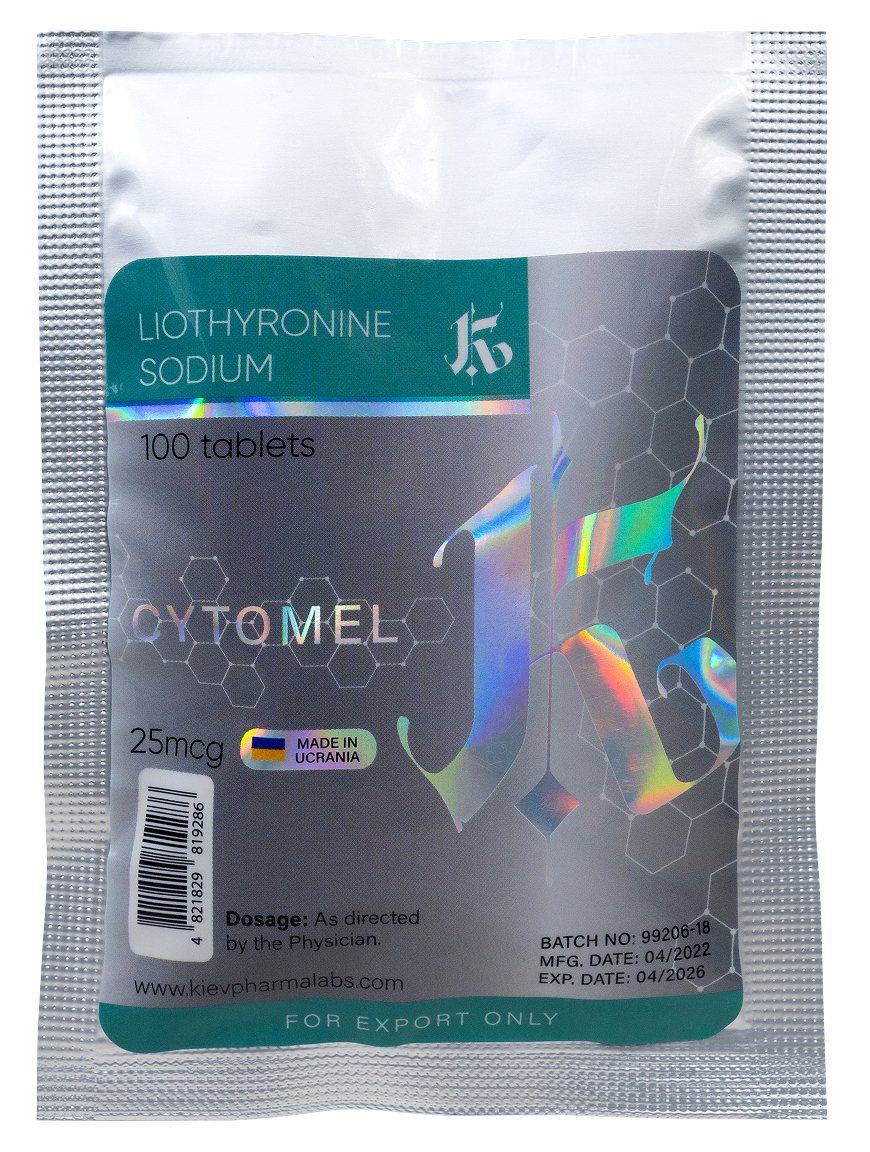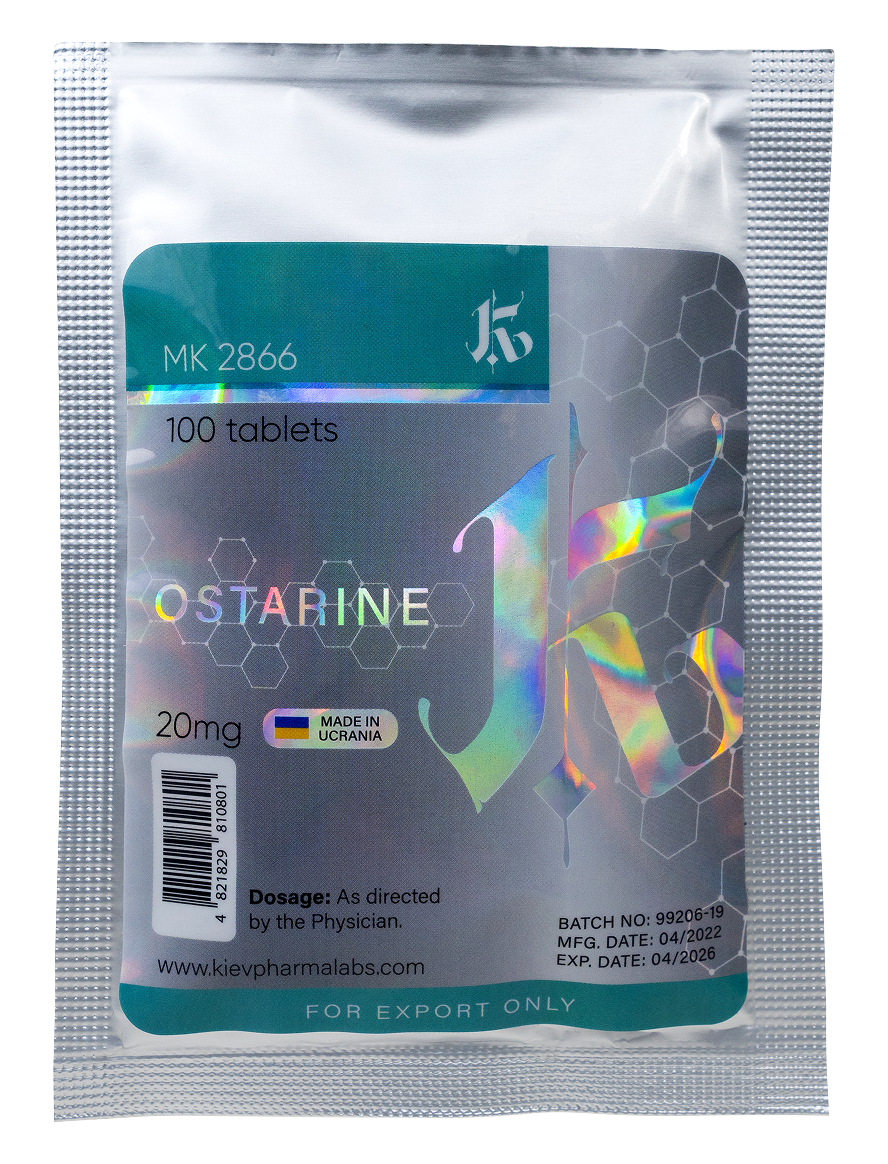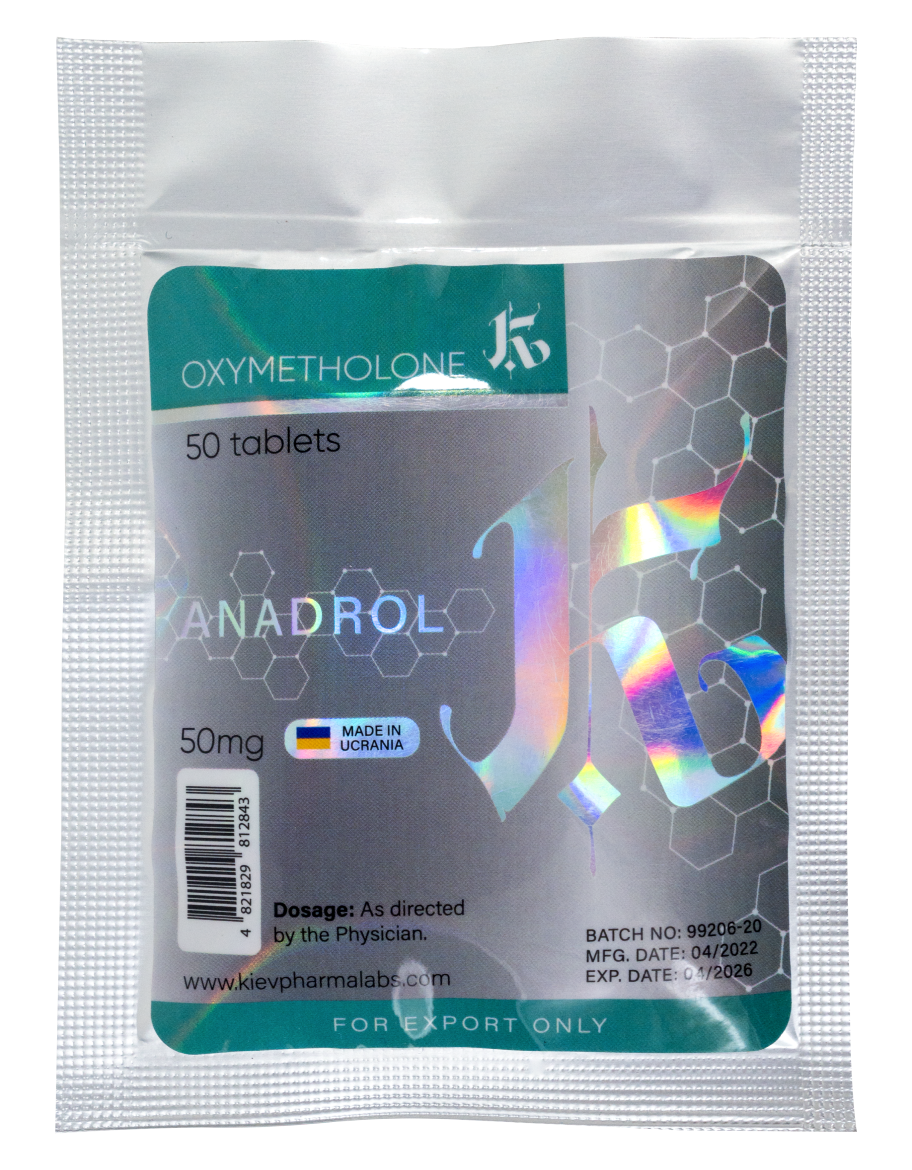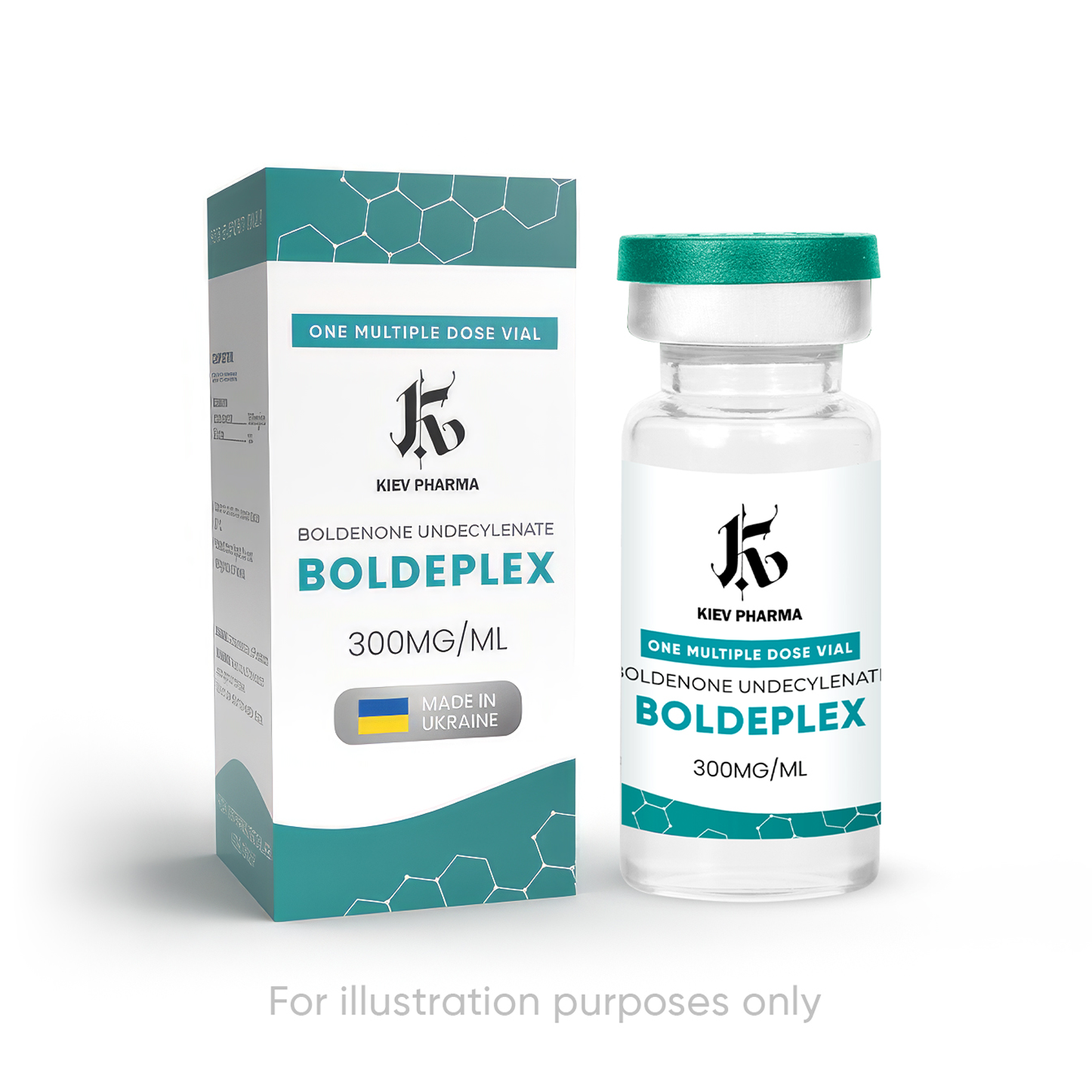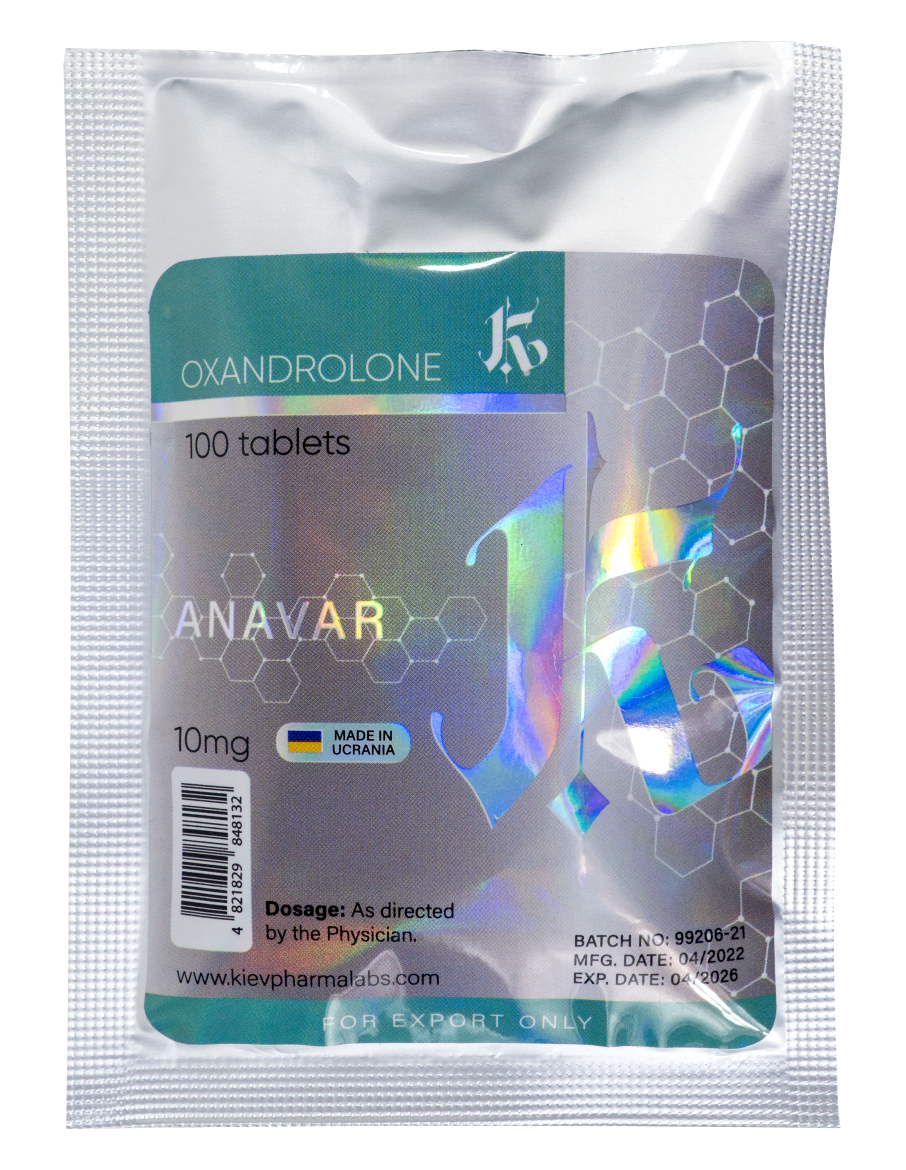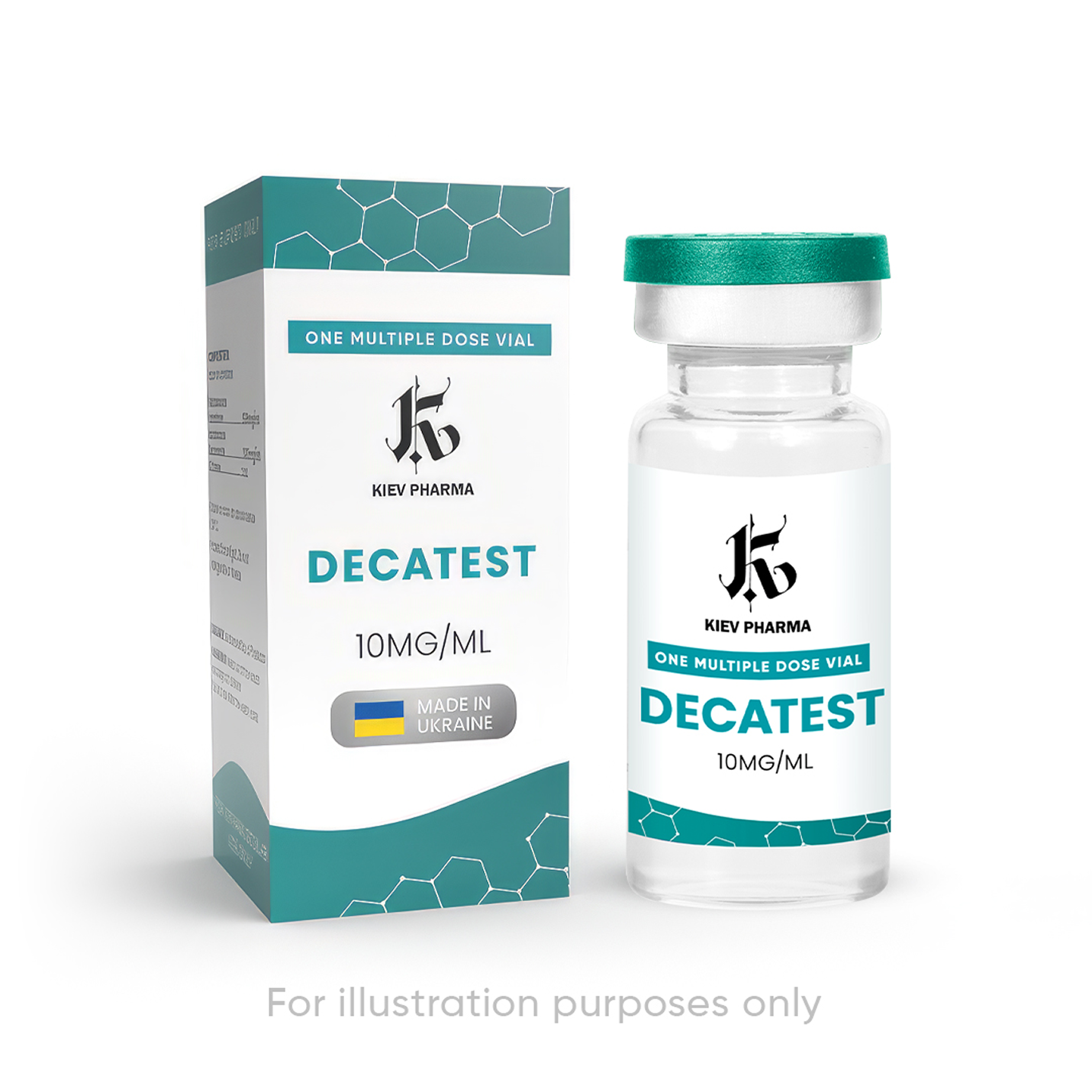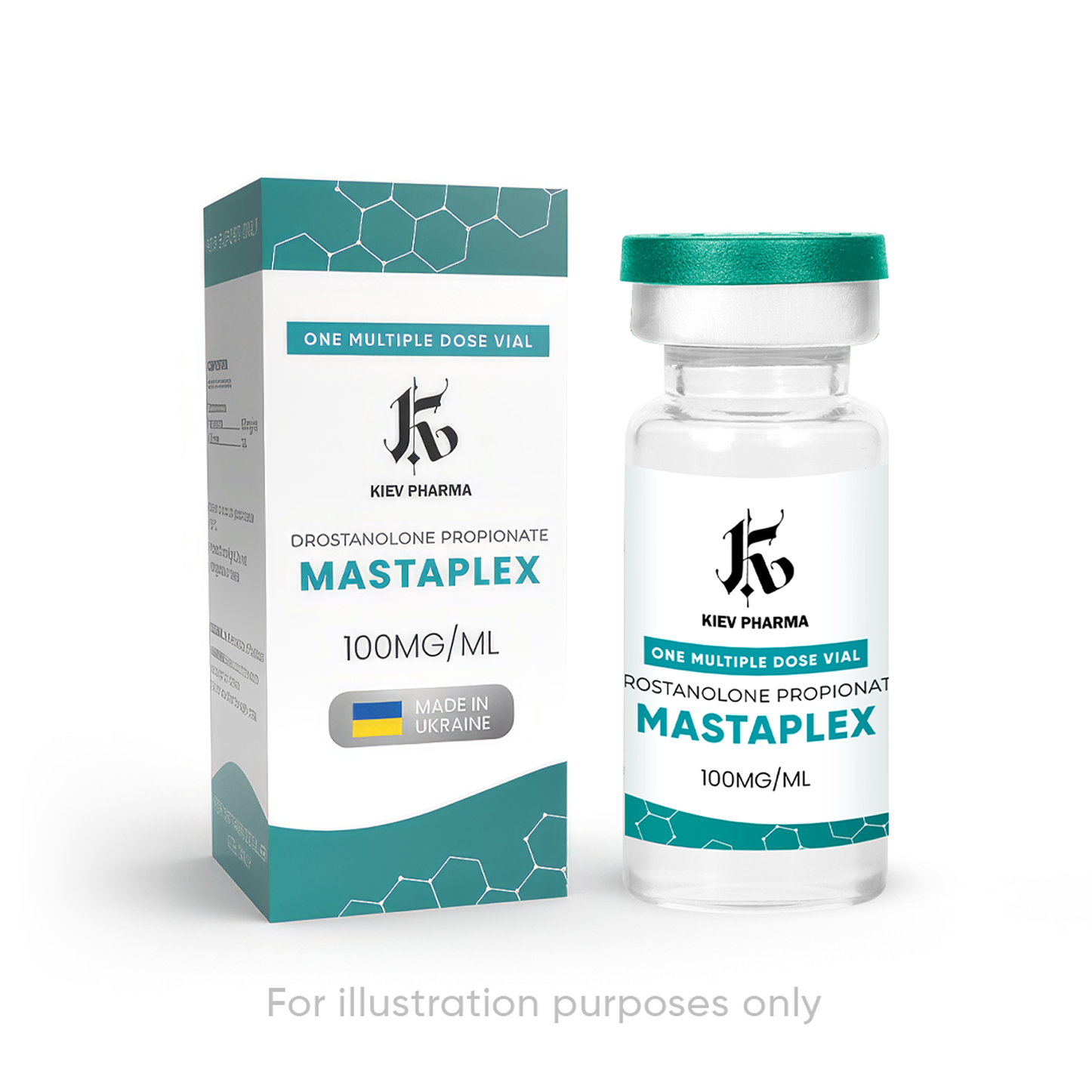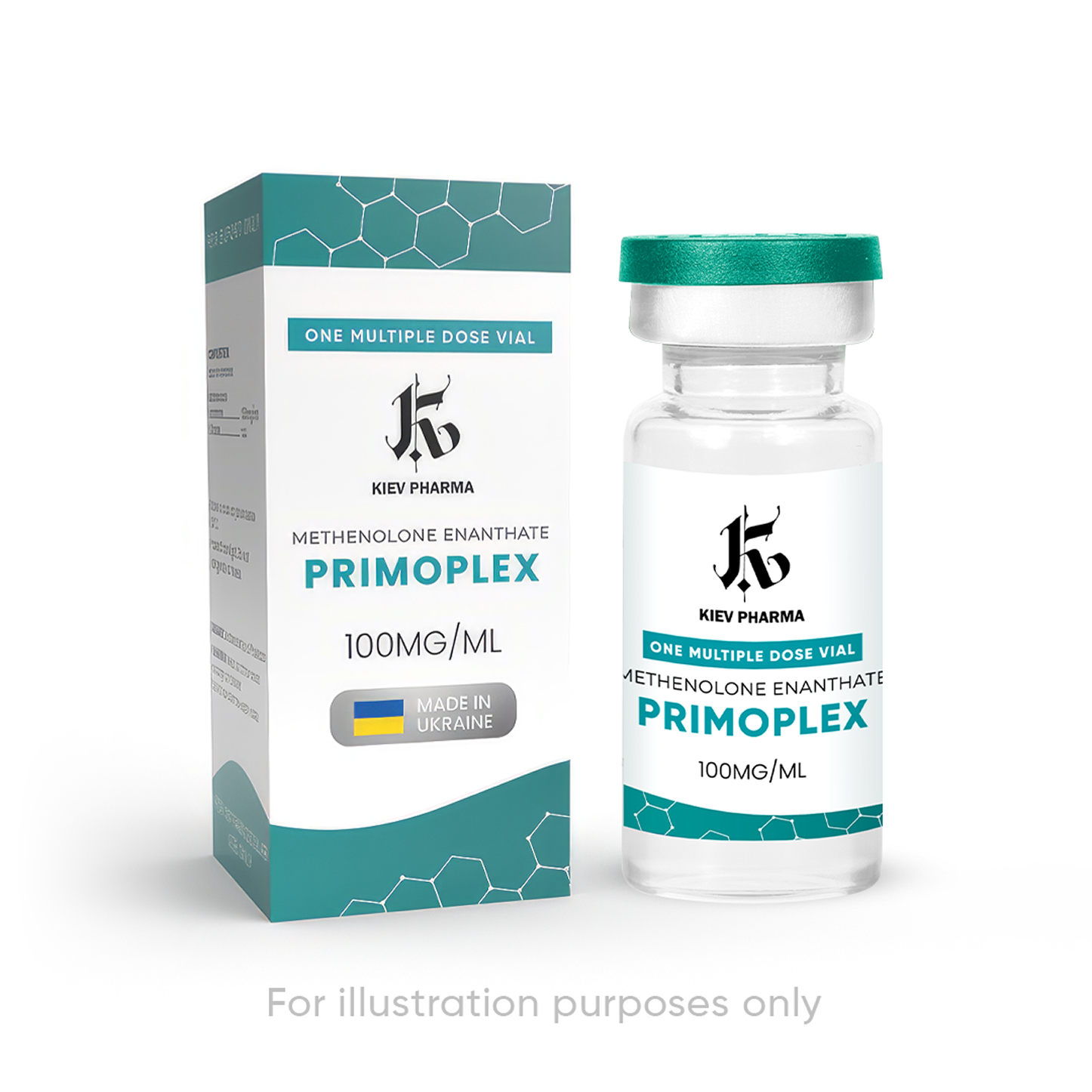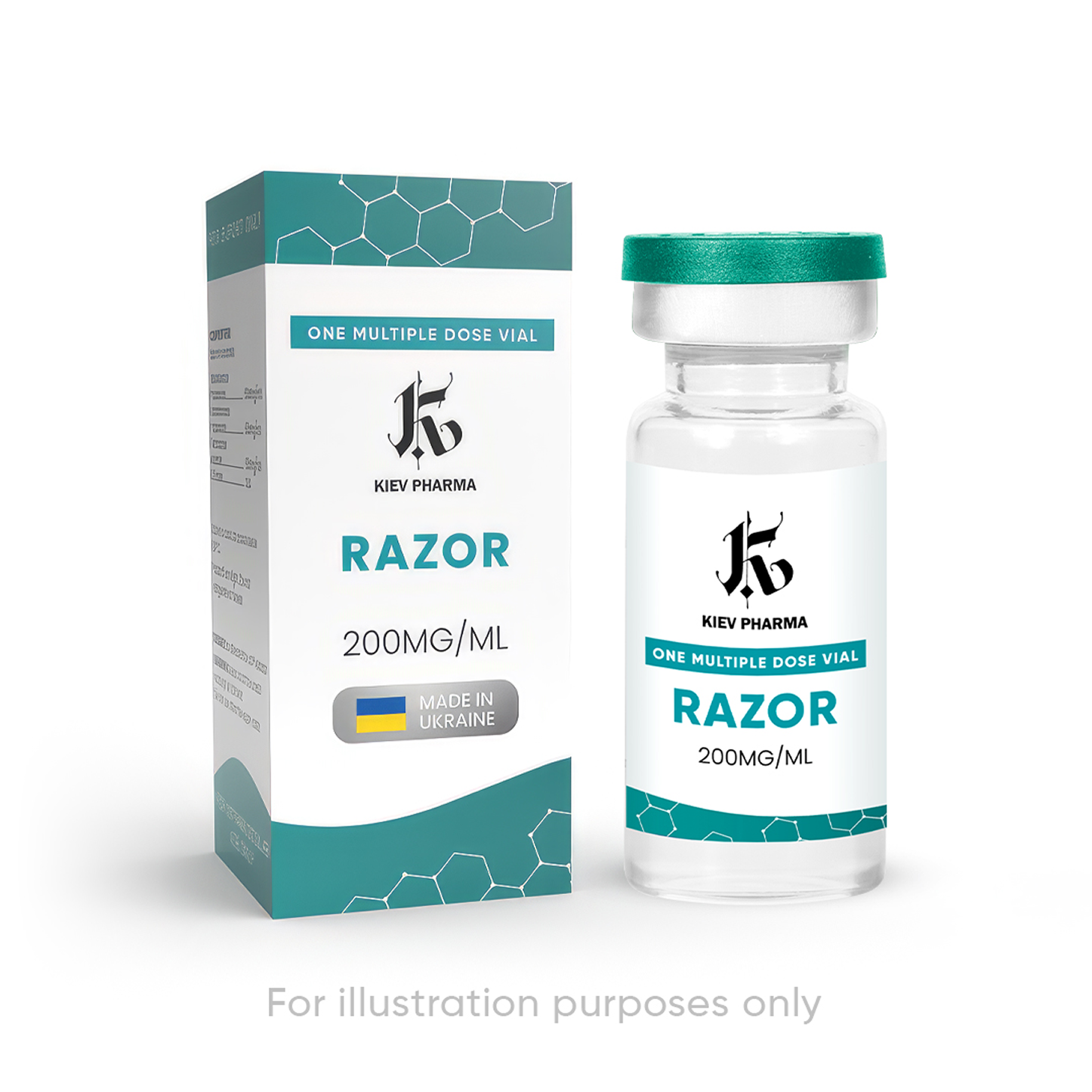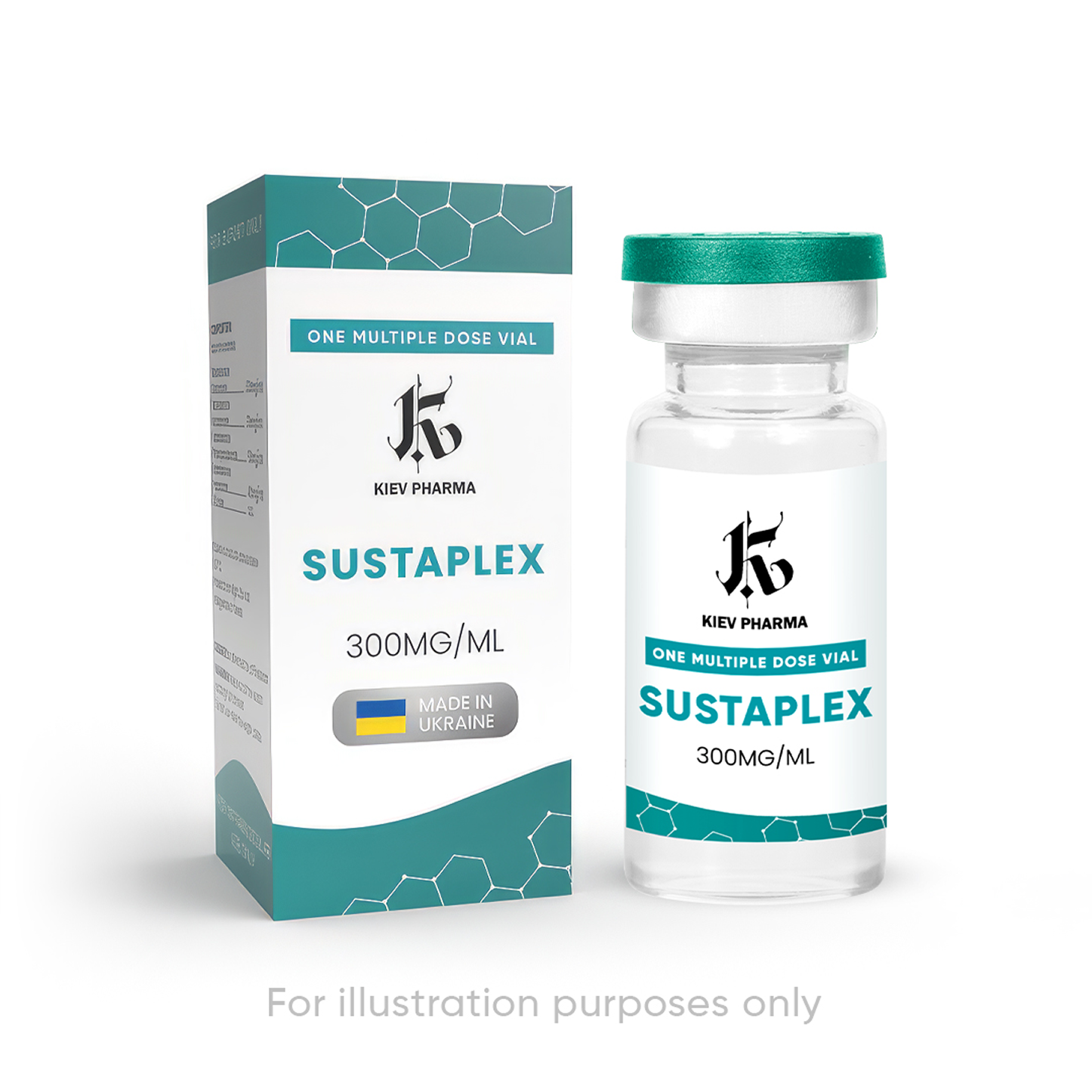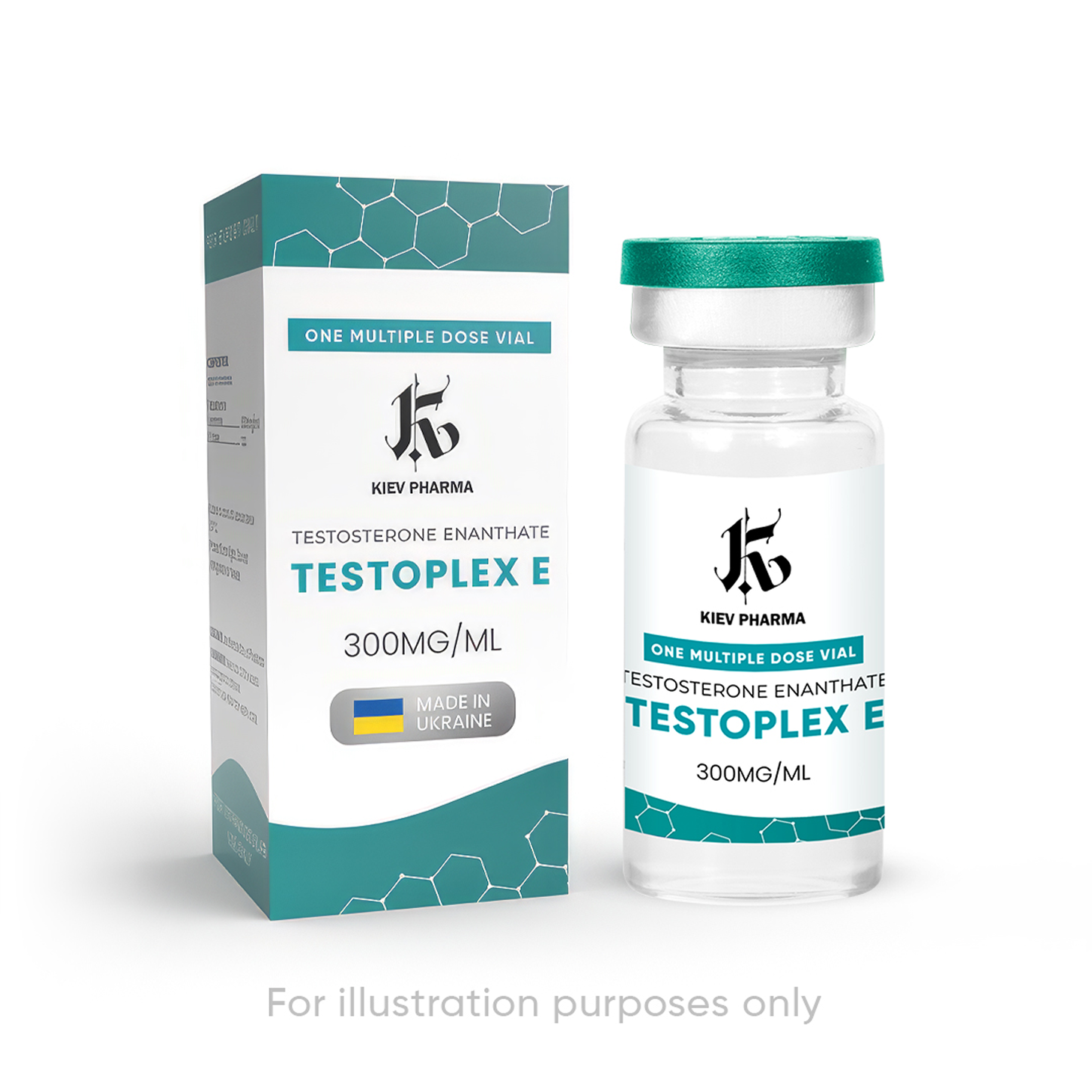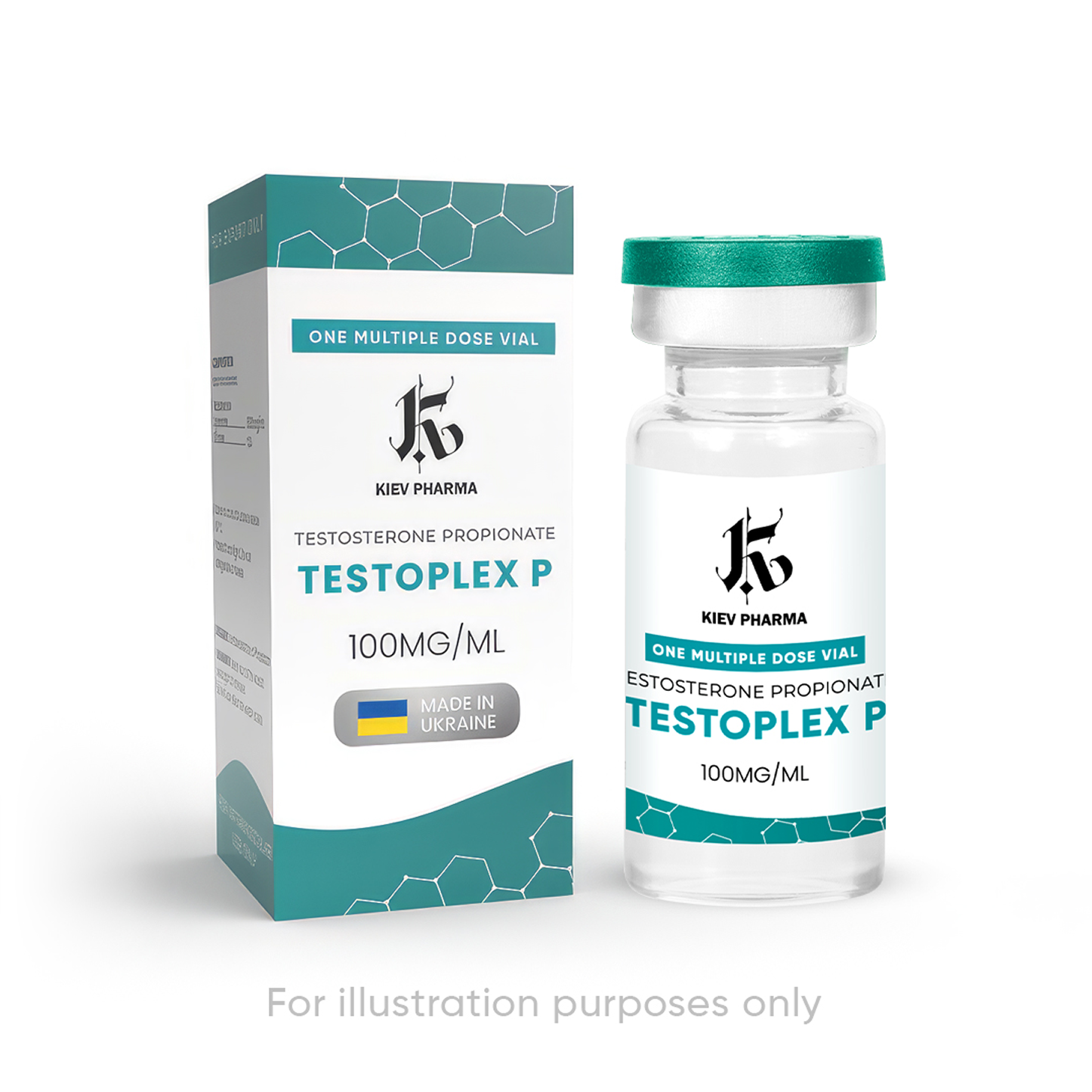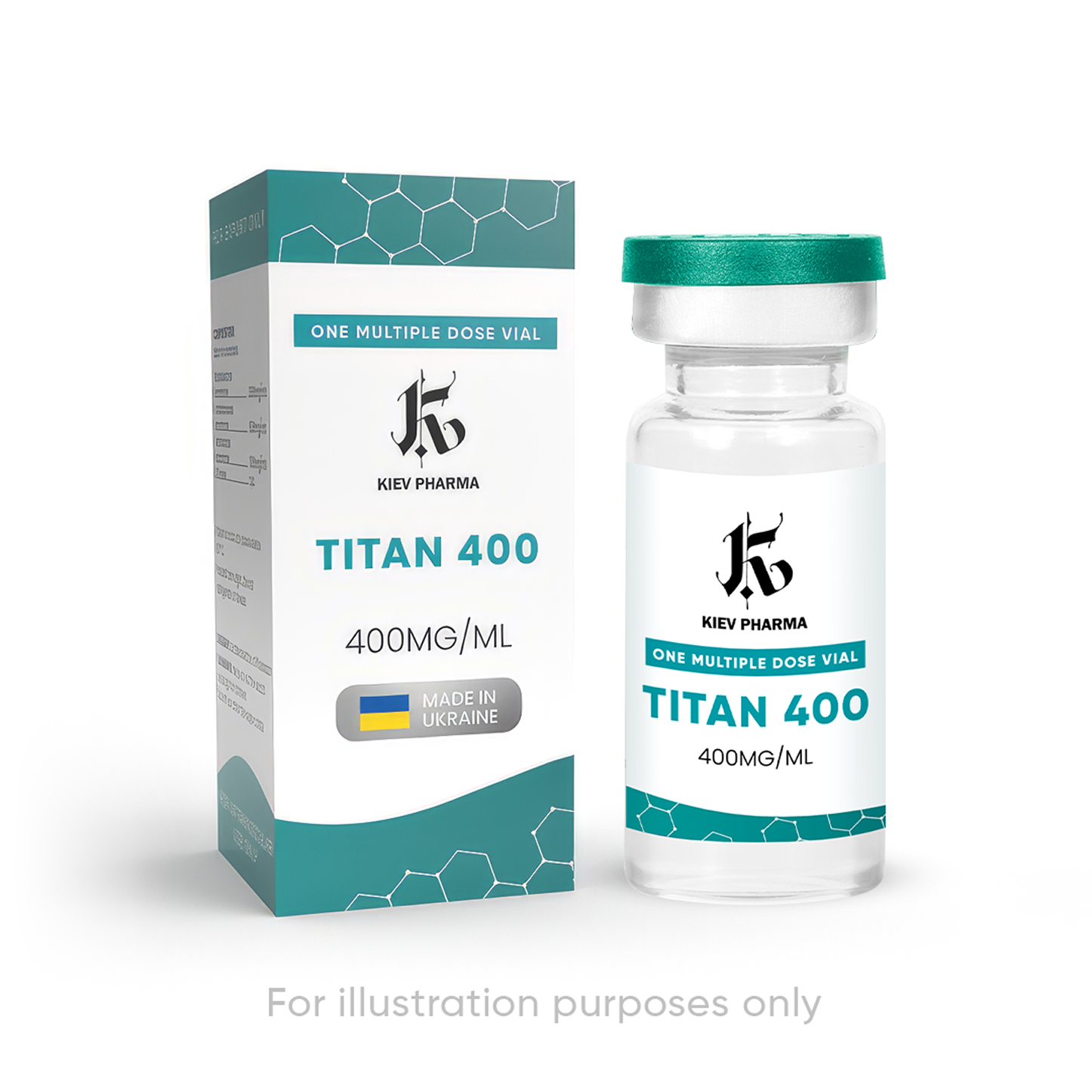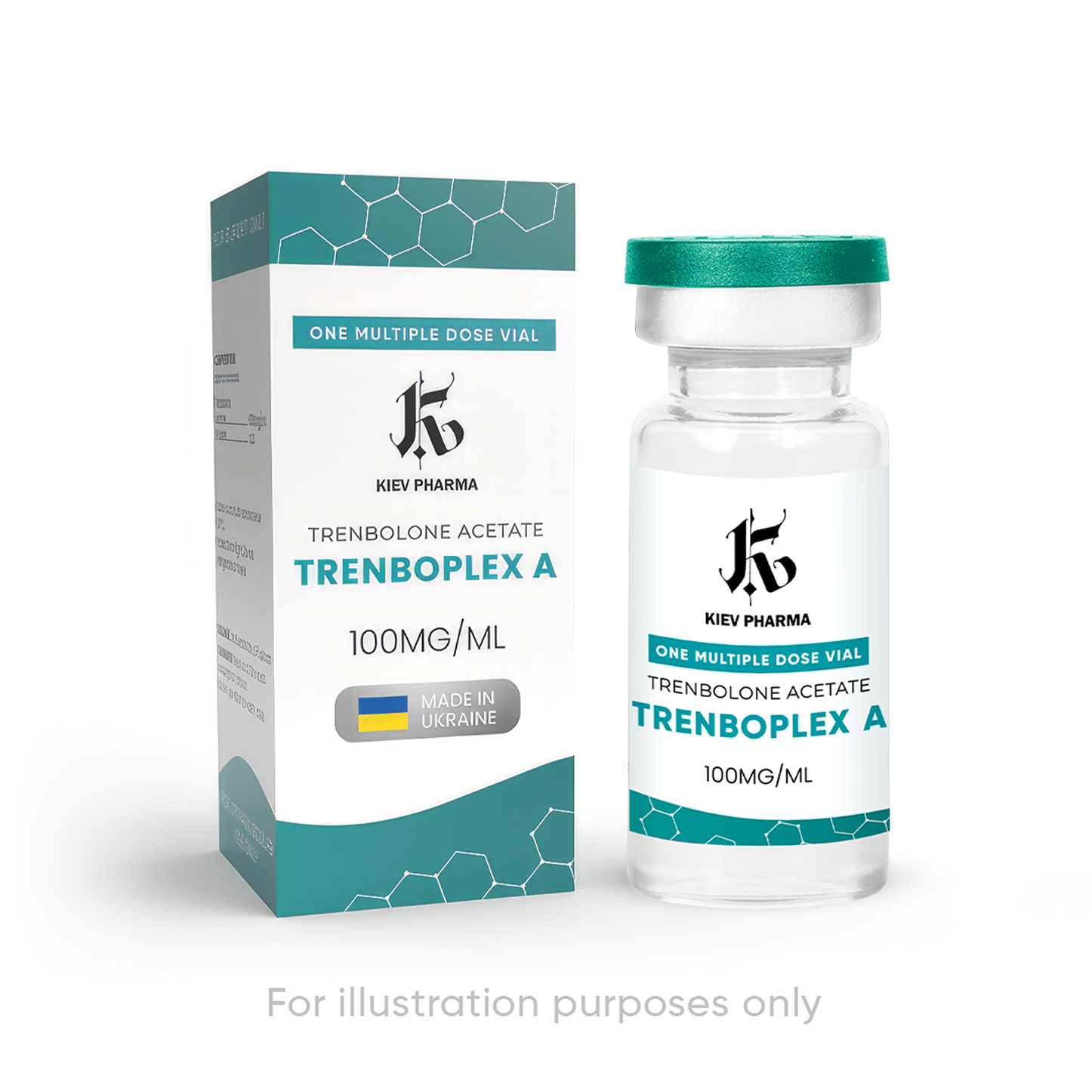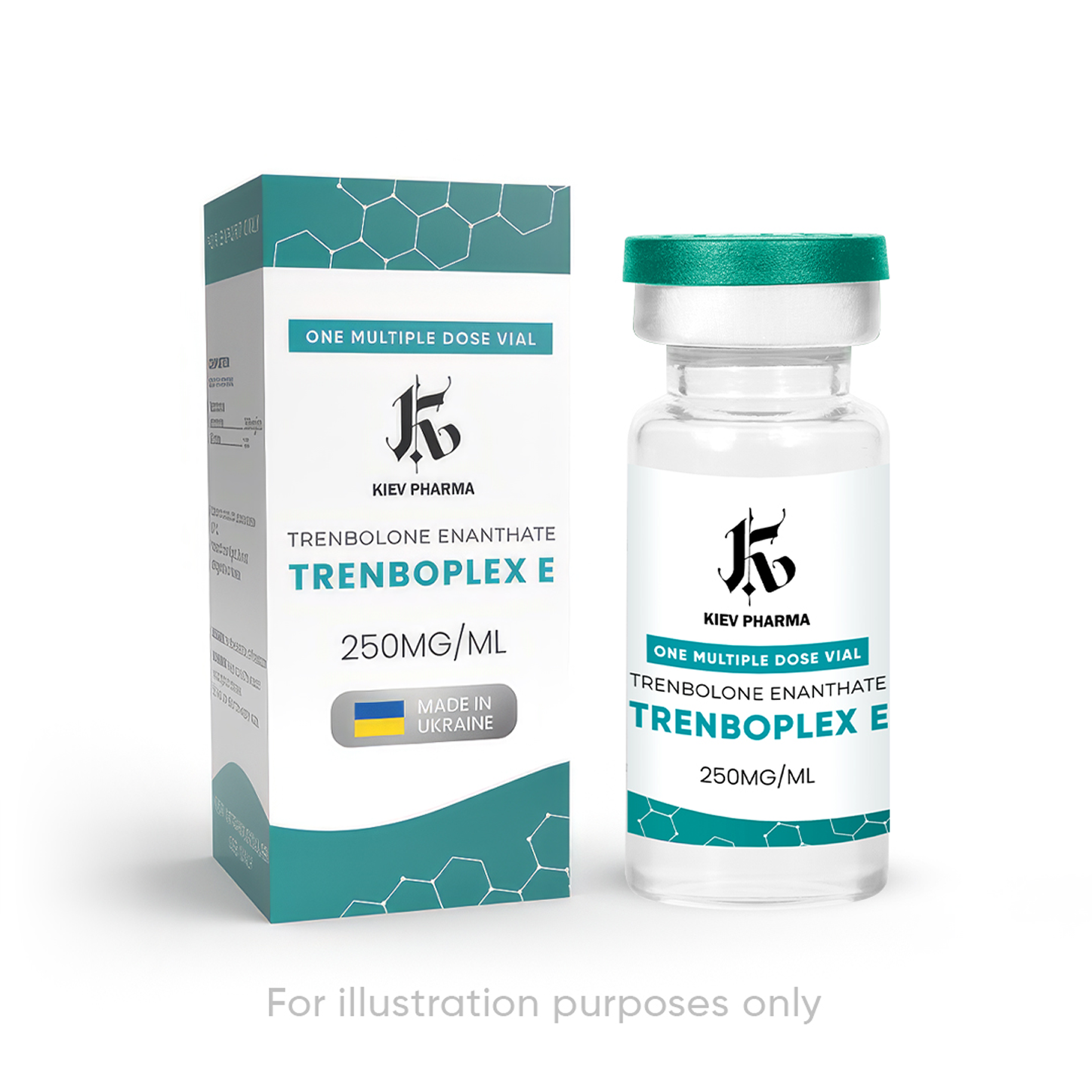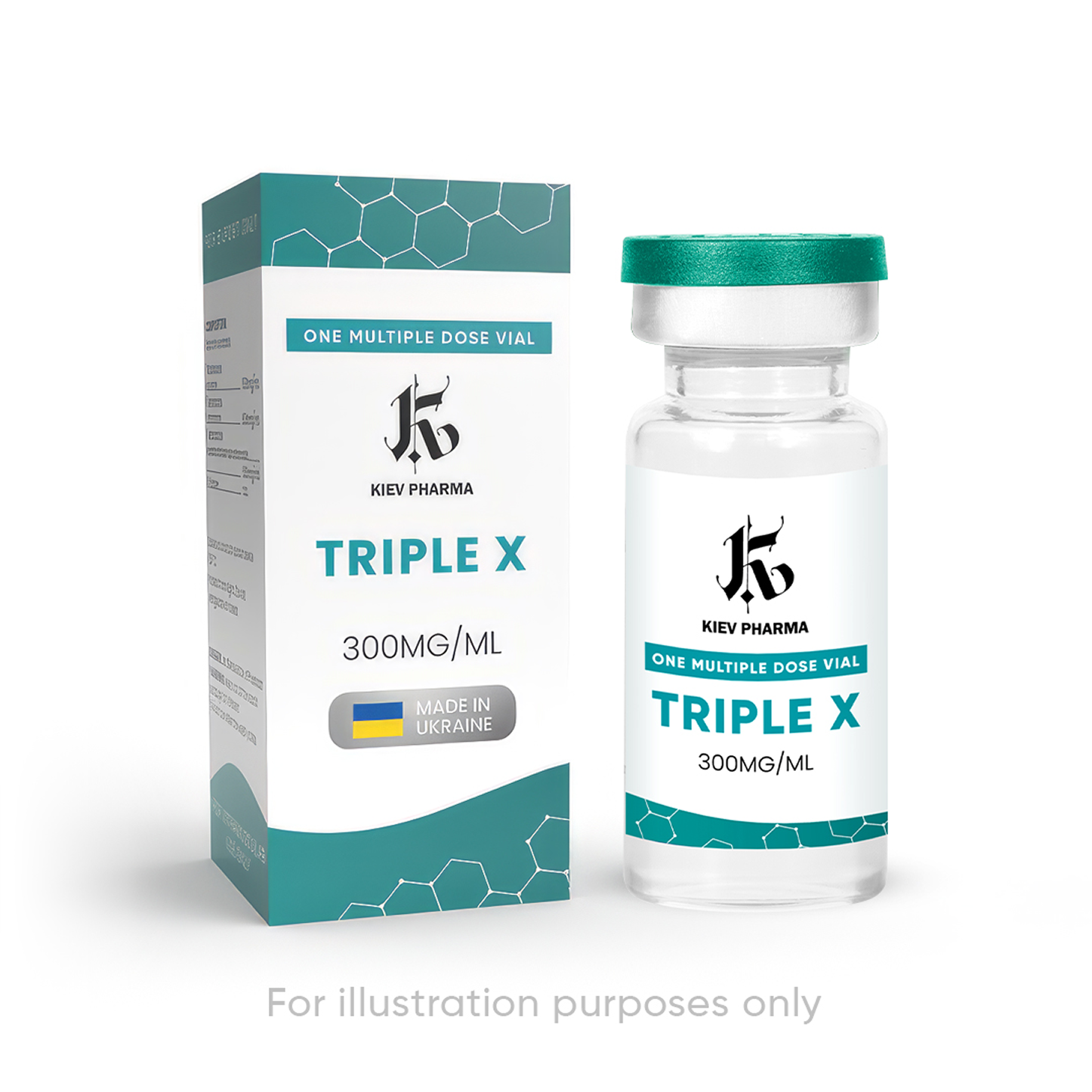Building muscle mass not only improves physical appearance but is also essential for overall health, well-being, and long-term quality of life. Gaining muscle impacts the body on multiple levels: metabolic, skeletal, cardiovascular, and neurological. Below, we explore the main benefits of developing healthy muscle mass and how it positively influences different aspects of life.
1. Improves metabolic health and supports weight loss (1)
One of the main benefits of increasing muscle mass is that it accelerates metabolism. Muscles consume energy even at rest, so having more muscle mass increases the number of calories burned throughout the day, helping to maintain a healthy weight and reduce the risk of obesity. Furthermore, this metabolic improvement goes beyond appearance; an active metabolism is key to preventing metabolic diseases such as type 2 diabetes and metabolic syndrome.
2. Strengthens bones and joints (2)
As we age, bone mass tends to decrease, increasing the risk of osteoporosis and fractures. Building muscle directly contributes to bone health, as muscles generate traction on bones during exercise, stimulating the production of bone tissue. Additionally, muscles provide support to the joints by absorbing the impact of activities such as walking, running, and lifting weights, reducing the risk of injury and improving mobility.
Physical activity, especially strength training, stimulates the skeletal system, helping to increase bone density and reduce the risk of osteoporosis and fractures. Muscle and bone work in synergy: the more developed the muscles are, the greater the protection and support the bones receive, especially in advanced ages.
3. Increases endurance and enhances physical performance

Having more muscle mass makes it easier to perform daily activities and improves performance in sports or recreational activities. Muscles help perform movements more effectively, improve posture, and better resist fatigue. With a strong muscular foundation, it’s easier to enjoy an active life and face daily physical challenges.
4. Promotes cardiovascular health and regulates blood sugar (2)
Muscle tissue acts as a metabolic reserve that helps regulate blood glucose by using it as an energy source. In this way, increasing muscle mass improves insulin sensitivity, a key factor in preventing and managing type 2 diabetes. Additionally, the strength training associated with muscle development has been linked to reduced blood pressure and a lower risk of cardiovascular diseases.
5. Improves functionality and quality of life

Building muscle allows you to perform daily activities, such as climbing stairs, carrying bags, or lifting objects, more efficiently and with a lower risk of injury. This translates to greater independence and quality of life, especially in later stages of life. Gaining muscle mass is essential for maintaining independence and mobility over the years.
6. Contributes to cognitive and mental health (1)

The connection between muscle and the brain is remarkable. During exercise, muscle tissue releases myokines, proteins with anti-inflammatory effects that influence various organs, including the brain. These myokines help prevent cognitive decline and protect against neurodegenerative diseases like Alzheimer’s. Maintaining good muscle mass is also associated with reduced stress and improved mood.
Basic recommendations for building muscle mass (1)
To achieve adequate and sustainable muscle growth, it’s important to consider certain factors. Here are some key tips:
– Strength training: Incorporate strength exercises, applying the principle of progressive overload by gradually increasing weight and intensity.
– Protein intake: Aim to consume between 1.6 and 2.2 grams of protein per kg of body weight per day to support muscle repair and growth.
– Caloric surplus: Make sure to consume more calories than your body burns to provide the necessary energy for creating new muscle tissue.
– Adequate rest: Sleeping between 7 and 9 hours each night is essential for proper muscle recovery.
– Carbohydrates and fats: Consume an adequate amount of healthy carbs and fats to fuel your body and support muscle growth.
– Avoid alcohol and tobacco: These substances interfere with muscle recovery and growth, in addition to having other negative health effects.
Building muscle is not just about improving appearance; it’s about ensuring a healthier, more active life. The benefits for metabolism, bone health, cardiovascular health, and cognitive function make muscle development an essential aspect of overall well-being and healthy aging.
Sources:
(1) https://fitia.app/learn/article/beneficios-musculos/
(2) https://experiencelife.lifetime.life/article/7-body-and-mind-benefits-of-building-muscle/










